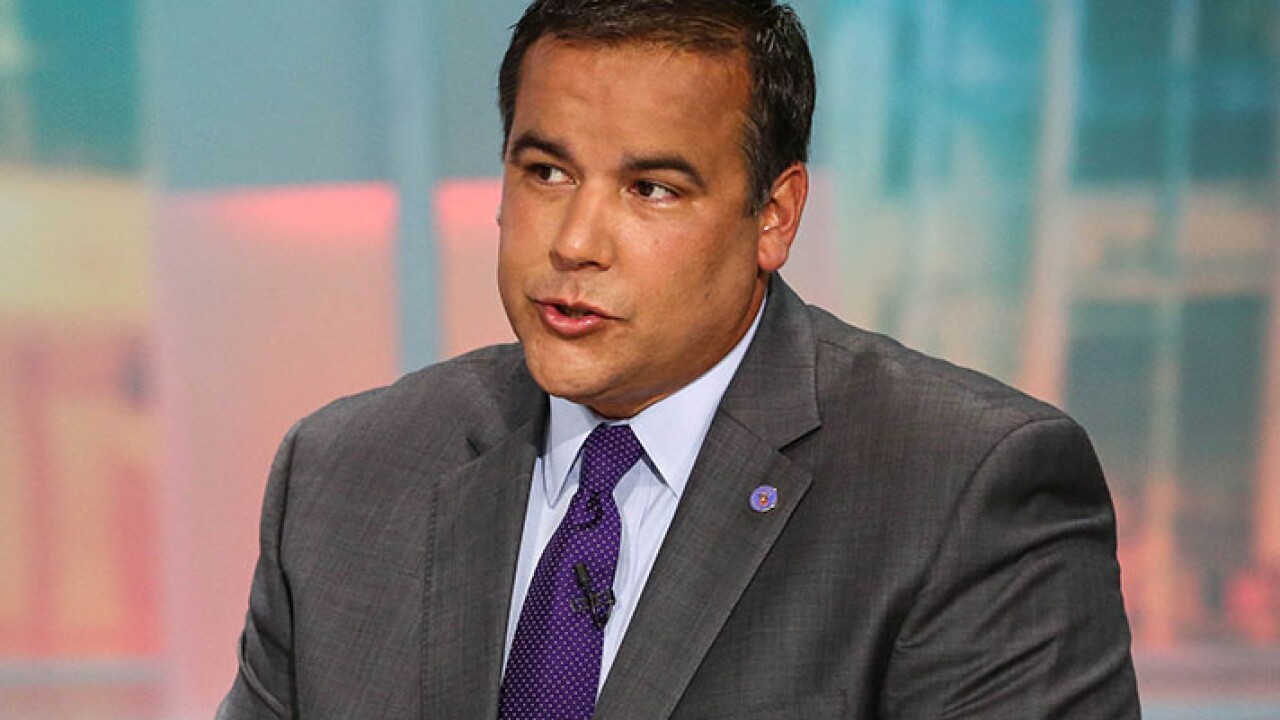
DALLAS -- A last-minute compromise on how to allocate state and federal funding means a $4.7 billion regional transportation plan for the Detroit area will make it onto the November ballot.
Voters in a four-county region that includes Detroit will decide Nov. 8 on a 20-year property tax that is expected to generate $3 billion in new revenues and bring in an estimated $1.7 billion of state and federal funding for the Regional Transit Authority of Southeast Michigan.
The likelihood of a November referendum seemed dubious after board members from two counties balked late last month at the transit master plan they said short-changed their residents. Without their votes, the tax proposal could not be put on the ballot.
"The current regional master transit plan abandons more than half a million Oakland County residents in 40 of our communities, leaving them with little or no transit services but demanding they pay more than $700 million in taxes over 20 years," L. Brooks Patterson, the chief administrative officer of Oakland County, said on July 28.
But Patterson and Macomb County executive Mark Hackel said Thursday that they were satisfied with the creation of a funding allocation committee with veto power over projects and withdrew their objections at a special board meeting.
The board had to approve the ballot measure by Aug. 18 to get it onto the November ballot or wait two years for another chance.
The RTA plan includes bus rapid transit, expanded bus service with express routes to Detroit Metro Airport, and a commuter rail line between Detroit and Ann Arbor. The plan would go into effect next year, with most of the improvements taking place in the first five years.
The proposed tax increase would raise the levy by $1.20 per $1,000 of assessed value and cost the average homeowner about $95 per year if approved, RTA said.
"The plan is a solid plan that addresses many components of transportation," said Michael Ford, CEO of the transit authority. "Even those who don't use it will see a benefit from this as well. We're excited, and we want to bring it home."
The $3 billion of local revenue had been expected to leverage $1.6 billion of federal and state aid, but RTA said a new review boosted the additional funding to an estimated $1.7 billion.
The higher rate is expected to bring in $161 million in the first year.
The controversy over future allocations led to a more equitable 20-year plan, said RTA board Chairman Paul Hillegond.
"This is the story of our region," he said. "We've had some tough issues, but as of late the leaders have come together and figured out and how to make regionalism work."
The Detroit measure joins a list of large local initiatives in November to boost transportation funding as state and national sources fall short of the investments that are needed to maintain and expand transit systems.
Central Puget Sound Regional Transit Authority is asking voters to approve increases in property, sales, and car taxes to support a $54 billion, 25-year program to extend light rail and other transit services in Seattle and Tacoma.
Four transportation agencies in three of California's largest metropolitan areas have tax measures on November's ballot. The California proposals must be approved by two-thirds of those voting to pass.
The San Diego Association of Governments, Los Angeles County Metropolitan Transportation Authority, and Santa Clara County Valley Transportation Authority are proposing sales tax measures. The San Francisco Bay Area Rapid Transit Authority is asking voters to approve a $3.5 billion general obligation bond issue supported by a property tax increase.





